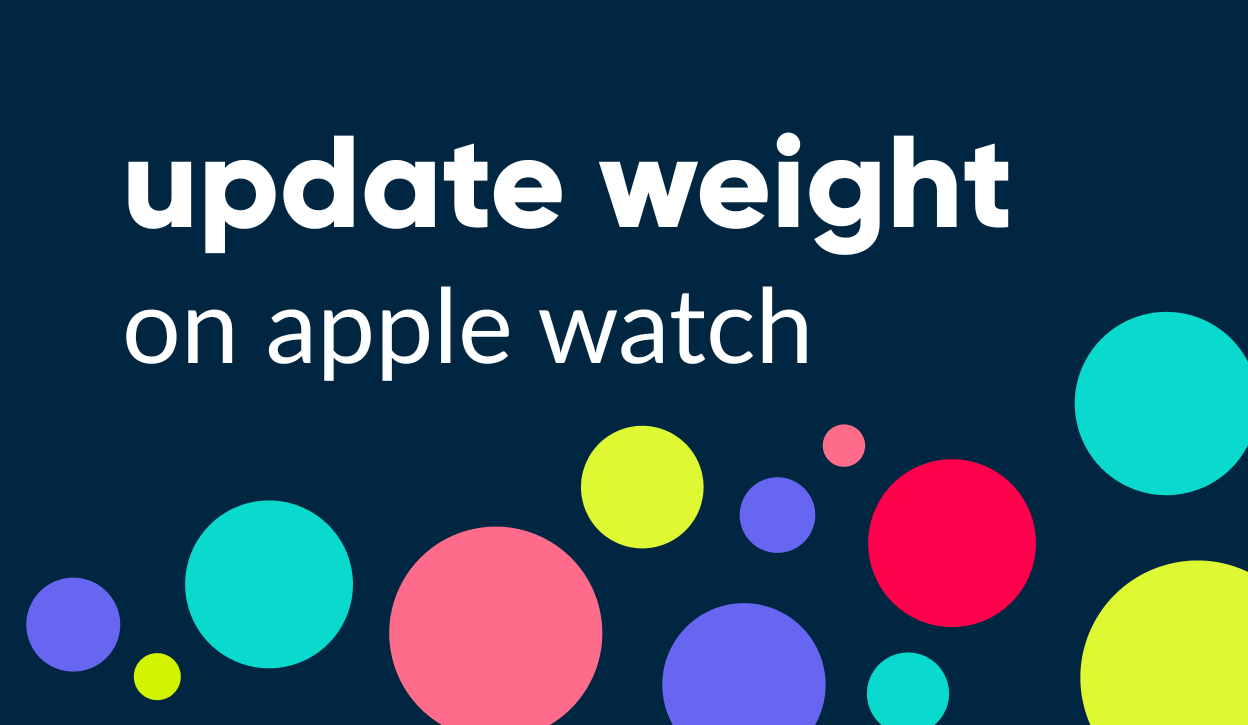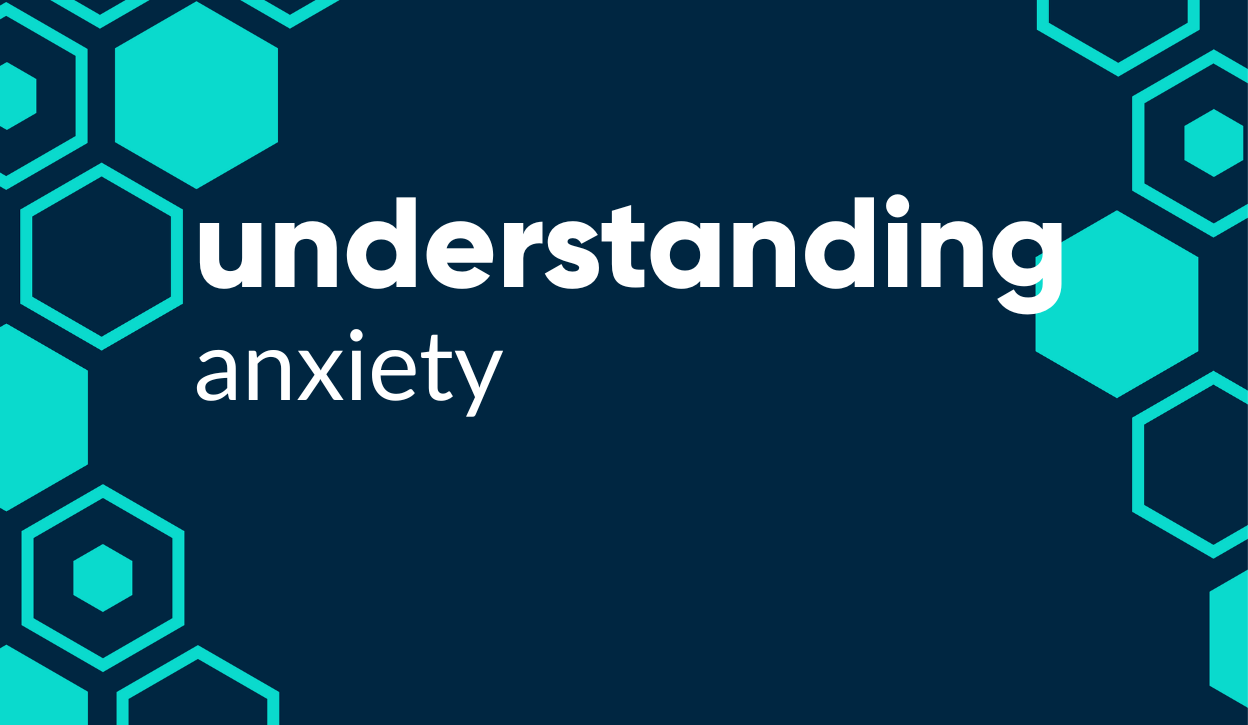
What Is Depression, According to the DSM-5?
The DSM-5 defines Major Depressive Disorder (MDD) as:
“A period of at least two weeks during which there is either depressed mood or loss of interest or pleasure in nearly all activities.”
In addition to this core criterion, at least four or more of the following symptoms must be present most of the day, nearly every day:
- Significant weight change or appetite disturbance
- Sleep disturbance (insomnia or hypersomnia)
- Fatigue or loss of energy
- Feelings of worthlessness or excessive guilt
- Difficulty concentrating or indecisiveness
- Psychomotor agitation or slowing
- Recurrent thoughts of death or suicide
Why Depression Is Hard to Spot—Even in Ourselves
Unlike a fever or broken bone, depression doesn’t always show up clearly. It may masquerade as:
- “I’m just tired all the time.”
- “I don’t enjoy things like I used to.”
- “I can’t focus or remember things anymore.”
- “I just feel numb.”
Because depression often develops gradually, it can feel like a personality change rather than an illness. People may blame themselves for being lazy, unmotivated, or weak—when in reality, they’re experiencing symptoms of a treatable medical condition.
For loved ones, signs of depression may look like withdrawal, irritability, or a loss of engagement with life. These are easy to dismiss or misinterpret—especially in high-functioning individuals.
🎙️ How Your Voice Could Be the First Sign of Depression
One of the most promising areas of innovation in mental health care is the use of voice biomarkers to detect emotional states.
When someone is depressed, speech changes subtly. AI tools trained to detect these patterns have identified common markers of depression, including:
- Monotone speech
- Slower pace and longer pauses
- Lower volume or reduced vocal energy
- Fewer emotional inflections
These tools aren’t a substitute for professional diagnosis—but they can be powerful early detection systems, helping users and clinicians notice changes in mood before they become crises.
Imagine your phone passively analyzing your voice during a routine call and flagging a pattern consistent with early depression—prompting a self-check, journaling prompt, or mental health screen.
Evidence-Based Strategies to Help Manage Depression Naturally
While moderate to severe depression often requires professional support (therapy, medication, or both), there are self-directed behaviors proven by science to support recovery and prevention:
1. Daily Movement
- Exercise is one of the most effective non-pharmacologic treatments for depression.
- Even 20–30 minutes of walking per day can significantly reduce symptoms by boosting serotonin, dopamine, and endorphins.
2. Sunlight and Nature
- Natural light exposure supports healthy circadian rhythms and serotonin production.
- Aim for 15–30 minutes of sunlight per day—bonus if you’re moving outside.
3. Nourish Your Brain
- Diets rich in omega-3 fatty acids, B-vitamins, fiber, and plant-based nutrients are linked to lower rates of depression.
- Reduce ultra-processed foods and sugar where possible.
4. Structure Your Day
- Depression can distort time and decision-making. Use simple routines to anchor your day—wake up at the same time, schedule one meaningful activity, and check off small goals.
5. Stay Connected
- Isolation fuels depression. Text a friend. Join a group. Attend a class. Even brief, authentic social contact improves mental health outcomes.

The Future of Mental Health Is Proactive
With voice recognition, wearable sensors, and behavioral data, we’re entering an era where mental health challenges can be flagged and addressed sooner—before they spiral into suffering.
The goal isn’t to replace therapists or medication. It’s to give people earlier awareness, more personalized insight, and evidence-based tools to take small steps toward healing—at the moment they need it most.
Final Thought
Depression lies. It says you’re alone, broken, or beyond help. But the truth is:
You’re not broken. You’re hurting—and there is help.
Through a mix of modern technology, timeless wisdom, and daily habits rooted in science, we can support our minds the way we support our bodies: with compassion, data, and consistency.
If your voice—or your inner voice—is telling you something feels off, listen. That may be the first brave step toward healing.
Galvan Nodes and the IZE Blockchain are governed by a Distributed Governance Framework, which is distinct from and not solely controlled by Galvan DAO LLC. Any value derived from Galvan Nodes and IZE Digital Rewards is likely to be uncorrelated with the success or failure of Galvan.
Galvan does not sell tokens. The IZE Blockchain, which is governed by Galvan Node Owners, self-governs the distribution of tokens. Tokens are earned in exchange for work and action on the IZE Blockchain. The token is designed to have utility on the Galvan platform for the purchase of Galvan’s products and services. The token is not an investment product and may never have any value outside of the Galvan platform. Galvan Node Owners should not expect to recognize any value from the token other than its utility with Galvan. Galvan does not anticipate correlation between the token value and Galvan’s business activities.
This article may contain forward-looking statements that involve substantial risks and uncertainties. Forward-looking statements discuss plans, strategies, prospects, and expectations concerning the business, operations, markets, risks, and other similar matters. There may be events in the future that we cannot accurately predict or control. Any forward-looking statement contained herein speaks only as of the date on which it is made. Factors or events that could cause our actual results to differ may emerge from time to time, and it is not possible for us to predict all of them. We do not plan to update or revise publicly any forward-looking statements except as required by law.












